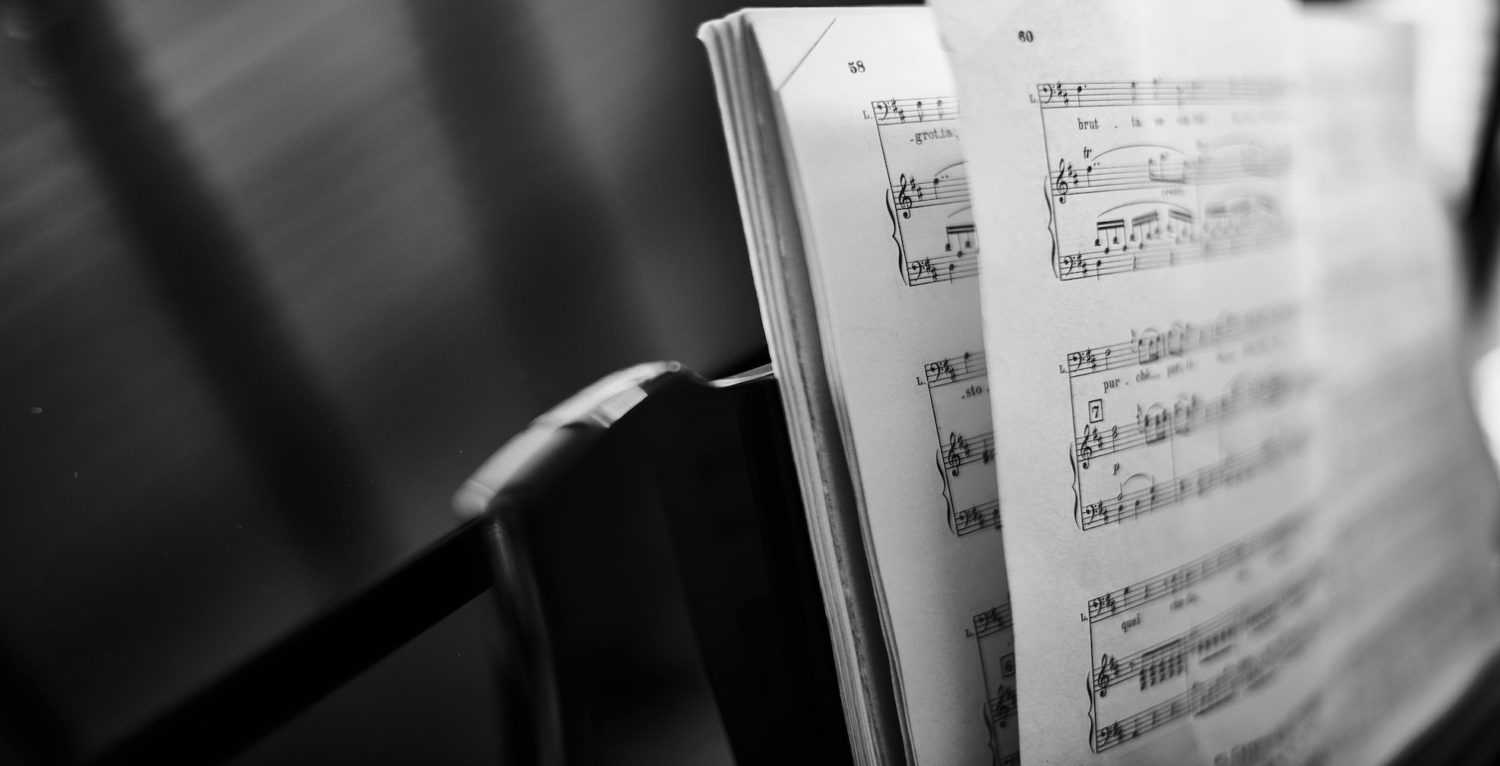In the spotlight
Arts education is vital in the fight for a more diverse music industry, argues Naomi Pohl.
The music industry is in the spotlight again for its very apparent lack of diversity and inclusion, with this year’s BRIT Awards being criticised for their lack of female award nominees: in the four categories open to both male and female artists, there were just four female nominations among a total of 25. Over the past few years we have seen award ceremonies such as the Oscars and the BRITs condemned for being ‘so white’. And, for at least a decade, British orchestras have been under fire for their lack of cultural diversity. There is also a significant lack of diversity among those in top jobs in the industry, which no doubt perpetuates the issue.
The lack of diversity and inclusion in the music industry is due to a lack of equal access to music education, largely where the costs of instrumental lessons are prohibitive, combined with widespread unconscious bias and discrimination. This is not just in terms of class and household income but related to race, gender and sexuality.
Let’s start with race. Live events involving music performed primarily by black artists are often targeted by the police, leading to a lack of exposure and opportunities to progress for those musicians. The Metropolitan Police were using ‘Form 696’ until a few years ago, which meant venues had to declare certain upcoming gigs and this was called out by the music industry as race discrimination. Form 696 was eventually discontinued after lobbying from the Musicians’ Union among others but it is apparent that the same practices continue under a different name.
This situation for disabled musicians is arguably even worse, as around 50 per cent of music venues are inaccessible. A recent survey from Attitude is Everything focused on the issues disabled artists face: 1 in 5 musicians had to cancel a gig because of poor access and 70 per cent withheld details about their impairment because they feared it would damage their career. If disabled artists don’t feel they can be open about their access requirements or impairment, then this lack of representation won’t improve.
Across the industry, including in education, the lack of representation of disabled musicians is extremely noticeable. While issues around accessibility are often obvious and can be solved, attitudinal barriers are hidden and more difficult to untangle. The industry needs more disabled role models fully integrated into our orchestras, live music venues, theatre pits and music education.
Representation of LGBT+ people has improved somewhat, especially in recent years, but unfortunately artists are still being advised to hide their sexuality or gender identity for fear it may damage their careers. It is not only detrimental for the musician’s mental health to hide their sexuality or gender identity, but it also deprives fans and listeners of vital LGBT+ role models that normalise different sexualities and gender identities. Everyone should be able to be themselves at work. Creating an environment where LGBT+ musicians can be out, if they choose to be, is paramount to achieving true equality for LGBT+ musicians.
At the Musicians’ Union we are seeing further worrying trends, with hundreds of our teaching members made redundant or moved onto zero-hours contracts. We describe our members as having ‘portfolio careers’ which means they undertake a range of different kinds of work in order to sustain a living. They may gig on the weekends, do a session work in the studios or freelance with an orchestra, but for 60 per cent of our members, teaching provides a regular income. This has been undermined by the government watering down their commitment to the arts subjects. Notably the government’s flagship EBacc performance measure, which excludes the arts, has led to many secondary school music departments closing down, in turn causing plummeting GCSE and A level music numbers.
The effect of these changes in music education are twofold when it comes to the arts workforce. Firstly, if you are a musician with money behind you, then you can continue to work – the uncertainty or irregularity of teaching work won’t stop you altogether. However, if you’re relying on music teaching to pay the bills and keep you from taking a non-arts related day job, then you may have to bow out. Equally, if you’re a child from a low-income household then you are half as likely to learn an instrument than your more affluent peers. Both the music of today and tomorrow’s music are more likely to be made by and reflect the experiences of the well-off.
This is why we must fight for music education for all children in the UK regardless of their background. Participation in the arts and music in particular is hugely beneficial to children and gives them the best chance to succeed not only in their education but in life. By providing adequate music education, we can ensure that the broadest range of people are able to pursue careers in the creative industries and to make a living from their art if they are artists. This will ensure the best and most diverse spectrum of art is produced.
Everyone should be able to freely consume music and access the arts in all its forms, but it follows that a lack of diversity on stage and screen has an impact on audiences. The arts should be for all and we need to break down the barriers to access for performers, creators, artists and other workers in order to ensure inclusivity and access to the arts for the whole of society. The situation won’t improve until the arts are available to all children at school level for free, as part of the curriculum at primary level and the academic offering in secondary schools. In 2020 and beyond we must continue to lobby all political parties with a view to making this happen.

